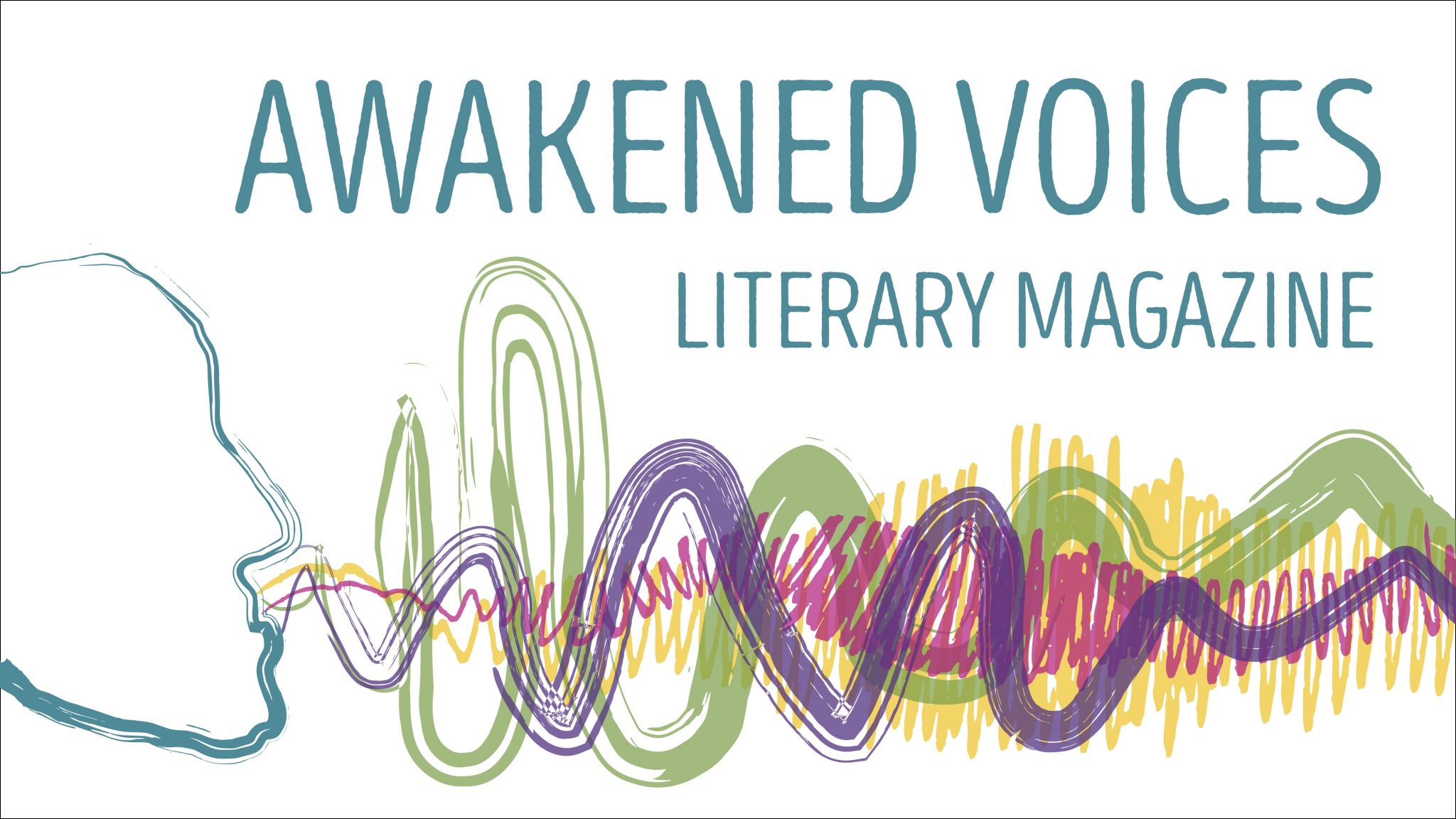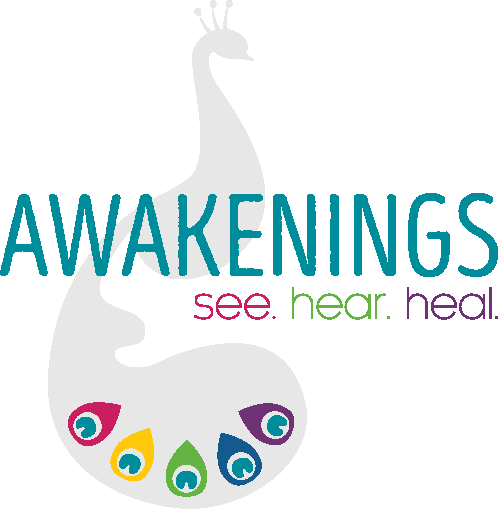
This skillful review by Kelsey May of “Ordinary Misfortunes” by Emily Jungmin Yoon tells us about this influential chapbook of poetry. May hits on the importance of the narratives and struggles of Asian “comfort women” in the 20th century, and how these stories that may not be as prevalent in 21st century America still have the power to inform positive change. The review also includes an interview with the poet Yoon, which sheds compelling light on the thought behind her verse.

“Ordinary Misfortunes”: An exposé on international rape culture
by Kelsey May
Ordinary Misfortunes (Tupelo Press, 2017) by Emily Jungmin Yoon was one of my favorite books last year. I read the bulk of it while driving home from visiting family in upstate Michigan, and I cried a lot in the car while intermittently bemoaning the world and its violent inhabitants with my husband. Ordinary Misfortunes is incredibly sad but so, so necessary. It tells the stories of comfort women in the southeastern region of Asia during the twentieth century, stories about endurance, abuse, loss of identity, being human, violence, and transformation. It also juxtaposes the patriarchal, “men take what they need” mindset that persists today with the idea that ordinary men were the perpetrators in the international assault on comfort women:
“What is right in war. What / is left in war. War hasn’t left Korea. I have… / Which one of you said Let’s have raunchy Korean / sex to me. Which one of you didn’t.”
It’s really hard to write this review because it’s just such an emotional read; it should go without saying that these poems are important and that this chapbook should be taught in every high school history unit on the southeast Asian conflicts. But this chapbook exists in a world where these things happened in the first place, where hundreds of thousands of women were kidnapped or tricked into going abroad and were then forced to have sex and kept in squalish conditions and used until their health deteriorated, and then, if they were allowed to leave, if they survived the “countless soldiers” and the “reused condoms [that got] girls sick,” they were given no assistance, mental, financial, or material. And millions of women are still trafficked, coerced, and enslaved. And millions more women (if not actually all 3.7 billion of us) are or have been raped, assaulted, oppressed, catcalled, and abused. This is the ordinariness of the stories, the societal misconception and heartbreaking reality across borders that women exist to be taken from when men have needs.
“I should forget and forgive but I cannot,” Emily writes in the testimonial poem of Kim Sang-hi. It pins the lasting effect of trauma, wanting to let go and move on but being unable to, how violence reshapes you, how you dream “of legs that could not go anywhere.” Another poem explains, “I’ve been living / as a robbed house.”
These poems are rooted in the fact that men took and took and took even though the women they were taking from were unwilling. To me, this begs the question how did they forget their humanity? I think part of the answer lies in understanding war and understanding what militaries do to break the psyche and create soldiers out of people, and I’m not nearly knowledgeable enough to understand that process, though I don’t need to understand it to detest it.
“There is no reason / for logic in war. There is no reason,” Emily writes in another of the poems titled “An Ordinary Misfortune”. I wonder, what does it mean to be human? How can we teach each other to value humanity? And how can we shift away from war?
So, in light of those looming, crucial questions, this review is mostly a cry for everyone to read and cherish these stories and then to ask, “How can we dismantle the conditions of society that create these situations of violence and war and assault?”
I recently interviewed Emily about this chapbook.
Many of the poems are named after the women who the stories belong to, and you found their stories in books and documentary materials. Could you talk about the research process and how it affected you?
Reading and finding out the women’s stories was very painful, because they are truly atrocious stories, and also because there is so much we still don’t know. We don’t even know exactly how many women became “comfort women.” There are scholars doing more archival excavations to understand and reveal more of the history.
One of the poems named “An Ordinary Misfortune” describes a scene where a man becomes angry and feels entitled to sex after a woman gives him a blow job but can’t finish him. This poem is brutal; it feels true and also disgusting, but it happens all the time. “It’s her fault if she turns him on, doesn’t get him off.” Why is this so common? And why doesn’t everyone agree about the “wrongness” of it?
The answer to both questions would be that many men have awful definitions of, or don’t understand, consent. An acquiescence into doing or agreeing to something in sexual situations is not real and genuine consent. Various power dynamics are not taken into serious consideration. There is also some rhetoric that paints giving and receiving explicit consent as unsexy, but I think nonverbal agreements should come between people who fully understand and trust each other, and know each other’s preferences.
How does the final poem, “The Transformation”, relate to the rest of the poems?
I wanted to put in a poem that hinted at other obsessions and interests of mine, such as whales and climate change, and think about what we, as humans, do to other living beings in addition to one another.
Mmm. That’s profound; my youngest students have been talking recently about why it’s important to be kind to animals, and I can’t help but wish we would learn to respect life and care for everyone instead of wreak havoc on each other and the earth.
Thank you so much for your time and thoughtful answers.
Ordinary Misfortunes is available for $11.95 from Tupelo Press.
***
Kelsey May is a writer, teacher, and activist from Grand Rapids, MI. Her work has appeared in NonBinary Review, The 3228 Review, and Left Hooks, and she interviews poets and other miscellaneous people at Hyype. She loves birdwatching, going to art museums, and her husband.
